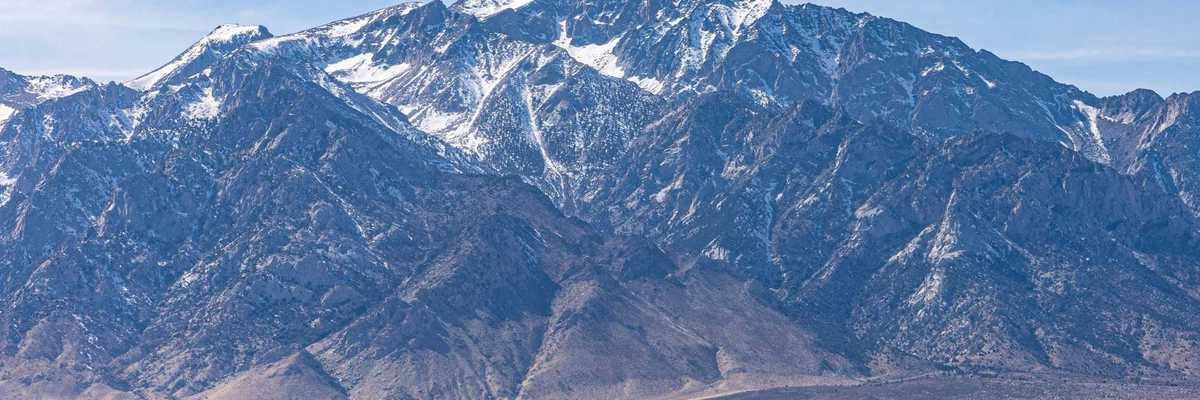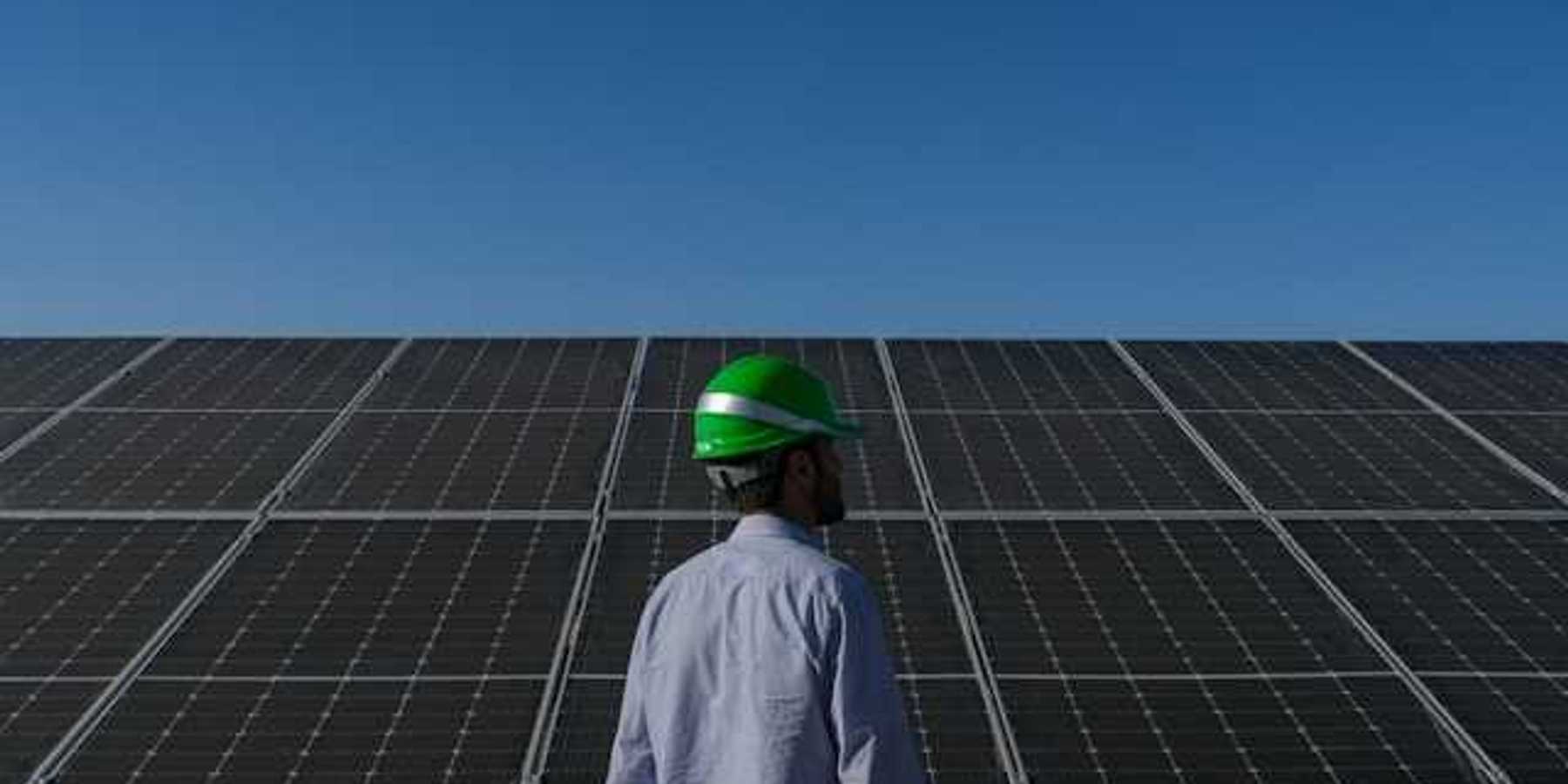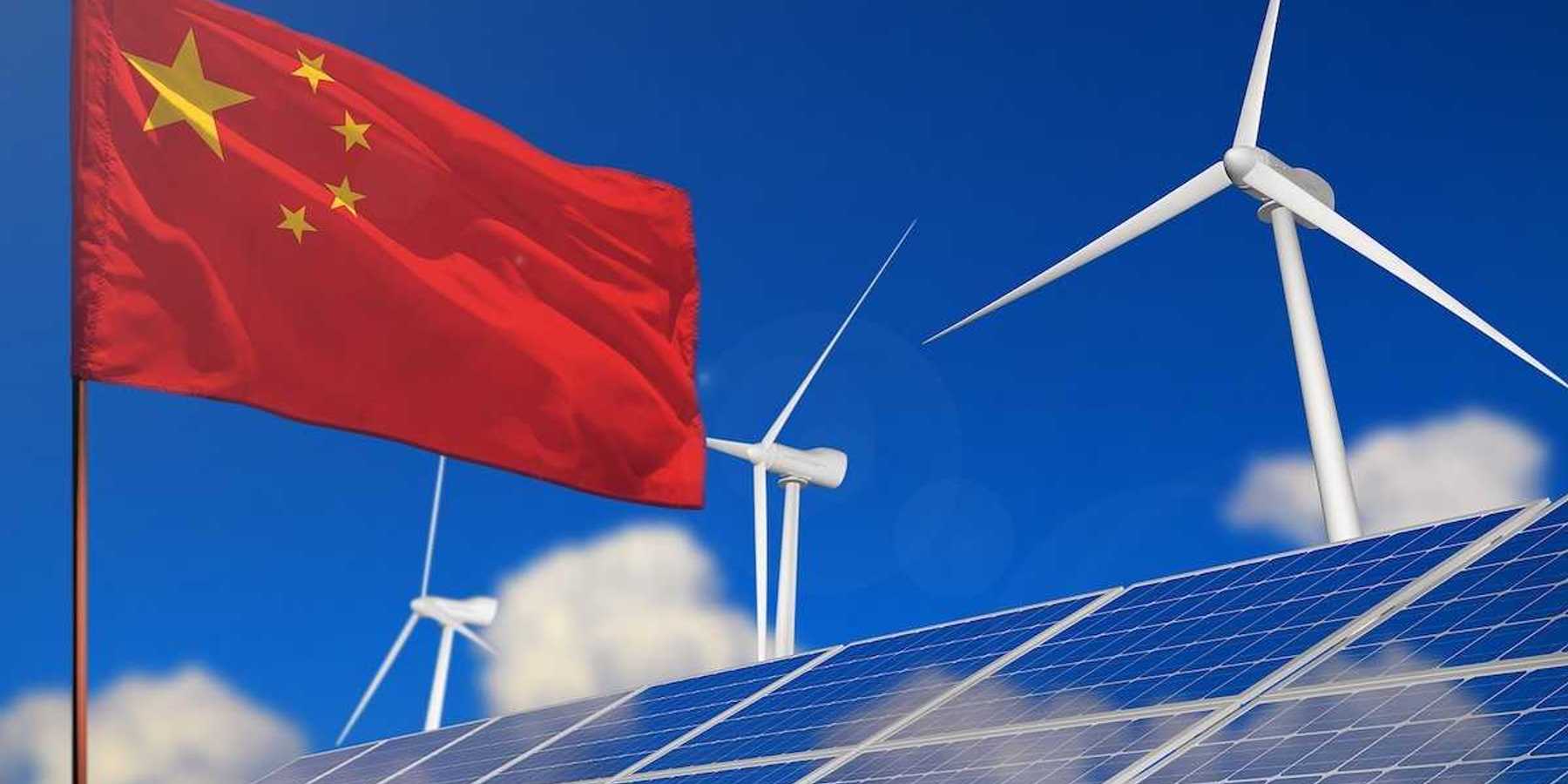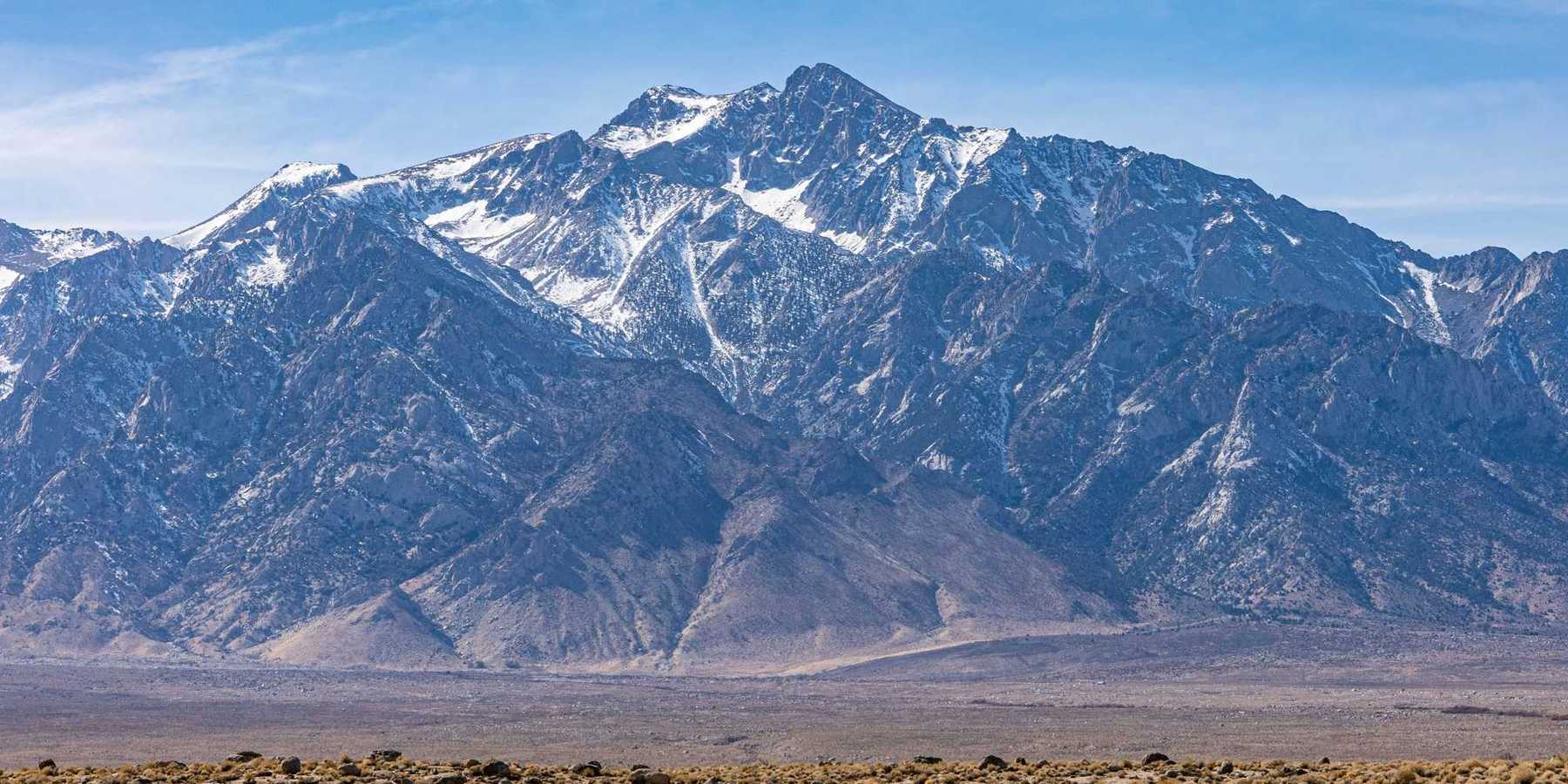methane
US methane emissions continue to rise despite global reduction pledges
New research reveals U.S. methane emissions from fossil fuel production are increasing, despite its leading role in a global effort to cut emissions.
In short:
- Methane levels in the atmosphere are now over 2.5 times preindustrial levels, primarily from fossil fuel production.
- The U.S. signed the Global Methane Pledge to reduce methane emissions by 30% by 2030, but emissions continue to rise as fossil fuel production surges.
- China, the world's largest emitter of methane and carbon dioxide, has not signed the pledge.
Key quote:
“Many of the fixes are within reach. Leak detection and repair, management of abandoned facilities, they aren’t impossible. In fact, many of them can be done at almost no cost.”
— Jutta Paulus, European Parliament member
Why this matters:
Methane is a potent greenhouse gas with effects 80 times stronger than carbon dioxide. As global temperatures rise, unchecked methane emissions from growing fossil fuel production are accelerating climate change, impacting global efforts to meet climate goals.
Saskatchewan faces high methane leakage but could get exemptions from new rules
One-fifth of methane from Saskatchewan's oil and gas production escapes into the atmosphere, yet the province could be exempt from stricter federal methane capture regulations due to a potential equivalency agreement.
In short:
- Saskatchewan's oil and gas industry loses 19% of its methane, compared to lower rates in Alberta and British Columbia.
- Despite this, the federal government is considering allowing Saskatchewan to self-regulate under rules similar to national standards.
- Methane is a potent greenhouse gas, and its reduction is a key goal in Canada's plan to cut emissions by 2030.
Key quote:
“It’s important for Alberta and Saskatchewan to keep moving on methane, because Alberta is the biggest greenhouse gas emitter in Canada, and Saskatchewan has this enormous methane loss rate, as shown by this study.”
— Amanda Bryant, a senior analyst with the Pembina Institute’s oil and gas program
Why this matters:
Methane is a powerful contributor to climate change, and the high leakage rate in Saskatchewan poses a serious environmental challenge. Reducing methane emissions is critical to slowing global warming and avoiding more severe climate impacts.
Related:
Judge halts methane regulation in five states over states' rights dispute
The Biden administration’s new methane rule was blocked by a federal judge in North Dakota, who ruled that it infringes on state authority in five states.
In short:
- A judge halted a rule by the Bureau of Land Management (BLM) targeting methane flaring in North Dakota, Texas, Utah, Montana and Wyoming.
- The states argued the rule overlapped with existing federal and state laws and would harm local industries.
- The ruling noted the states were likely to win the case and that the BLM lacked authority to regulate in this area.
Key quote:
“BLM haphazardly adds more stringent flaring restrictions and bureaucratic hoops the states have to jump through.”
— Judge Daniel Traynor
Why this matters:
Methane is a potent greenhouse gas, and stricter controls on emissions are key to addressing climate change. However, the ruling reflects ongoing tensions between federal and state regulations, particularly in energy-rich regions.
Food waste and agriculture are major drivers of methane emissions
Researchers have found that human activities, especially food production and waste, are responsible for two-thirds of global methane emissions, offering a chance for intervention.
In short:
- Global methane emissions have risen rapidly, with agriculture and waste contributing nearly twice as much as fossil fuel production.
- Livestock farming, particularly cattle and sheep, is the largest agricultural source of methane, with dietary changes and innovations like seaweed feed additives as potential solutions.
- Managing food waste better, such as through composting, can also significantly reduce methane emissions.
Key quote:
Reducing methane "is also seen as a possible way to buy time.”
— Peter Raymond, professor of ecosystem ecology at the Yale School of the Environment
Why this matters:
Methane is a potent greenhouse gas that traps heat much more effectively than CO2, though it has a shorter lifespan. Reducing methane emissions can provide a faster impact in slowing global warming, making it a key target for climate action.
Learn more: How the world wastes an astonishing amount of food, in three charts
Methane emissions are rising at a record-breaking pace
Methane, one of the most potent greenhouse gases, is increasing at the fastest rate ever recorded, driven by fossil fuel use, agriculture and landfills, threatening global climate goals.
In short:
- Methane levels are rising faster than ever, and scientists warn this could push global temperatures beyond safe limits.
- Livestock, landfills and natural gas consumption are key contributors to methane emissions, which increased 20% from 2000 to 2020.
- Human activity is also amplifying methane emissions from natural ecosystems like lakes and wetlands.
Key quote:
“These extra methane emissions bring the temperature thresholds ever closer.”
— Rob Jackson, Stanford University climate scientist and chair of the Global Carbon Project
Why this matters:
Methane traps 30 times more heat than carbon dioxide, making it a major driver of short-term climate change. Reducing methane emissions is one of the quickest ways to slow global warming, but current efforts are falling far short.
Methane emissions surge, scientists urge immediate action
Methane emissions, a potent greenhouse gas, are rising rapidly, posing a significant threat to the climate and requiring urgent mitigation efforts, scientists warn.
In short:
- Methane emissions have been increasing at the fastest rate in decades since 2006.
- The Global Methane Pledge aims for a 30% reduction by 2030, but current policies cover only 13% of emissions.
- Methane is 80 times more effective at trapping heat than CO2 but dissipates faster, offering a quicker path to reducing global warming.
Key quote:
"Methane is the strongest lever we can quickly pull to reduce warming between now and 2050."
— Drew Shindell, climate scientist at Duke University
Why this matters:
Unchecked methane emissions accelerate global warming and exacerbate climate impacts. Addressing methane offers an immediate way to slow temperature increases and mitigate near-term climate risks.
Ed Miliband to lead UK delegation at COP29
Ed Miliband will spearhead the UK’s efforts at this year's crucial climate summit in Azerbaijan, marking a significant change from the Conservative government's approach.
In short:
- Ed Miliband, energy security and net zero secretary, will lead the UK delegation at COP29 in Azerbaijan this November.
- His involvement is expected to bring strong UK leadership to the negotiations, which will focus on climate finance for developing countries.
- The geopolitical landscape, including conflicts and the upcoming US election, will influence the summit's outcomes.
Key quote:
"The fact that the multilateral negotiations will be led by the secretary of energy himself instead of delegating to a junior minister denotes recognition of the importance of the process as we near the halfway point in this decisive decade. We could not be more pleased with the news."
— Christiana Figueres, founding partner of the Global Optimism thinktank
Why this matters:
Effective leadership at COP29 means more than just high-level pledges; it requires a nuanced approach that balances diplomacy, innovation, and accountability. Leaders must build on the momentum from previous conferences, such as COP26 in Glasgow, where key agreements on methane reduction and deforestation were made. However, these commitments need to translate into action, with clear timelines and measurable outcomes.









